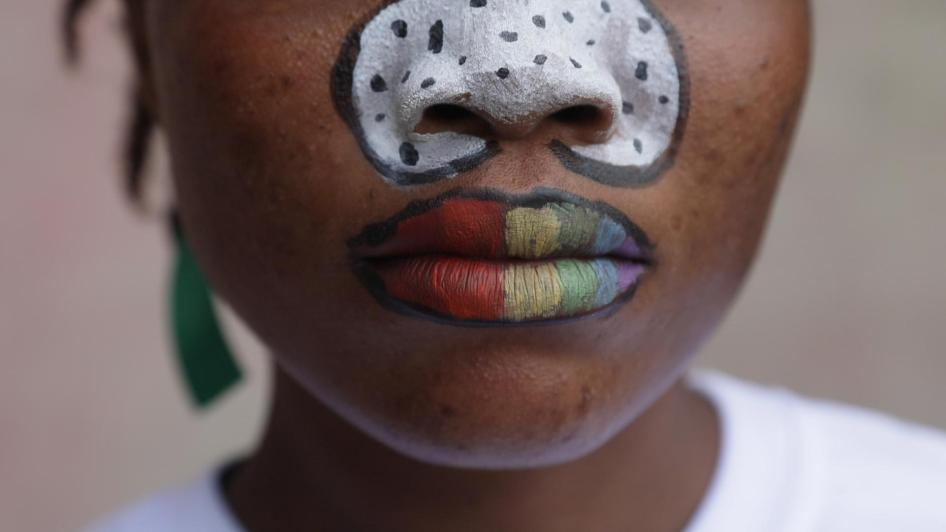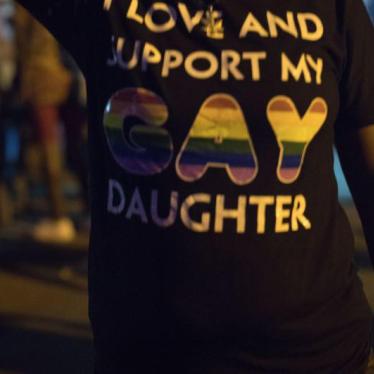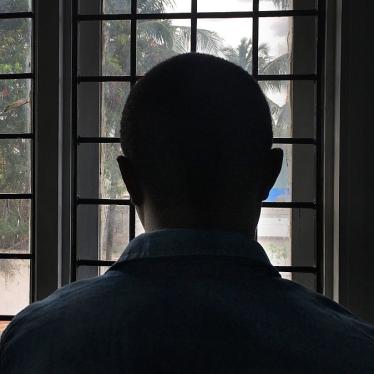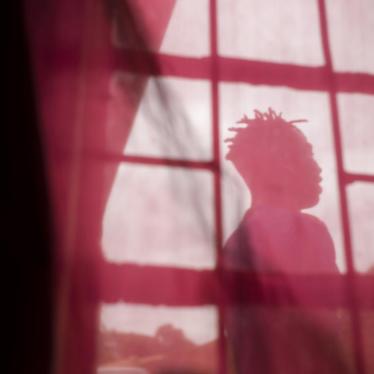Emelia, a woman in her thirties living in Kumasi, Ghana, will never forget the day her father found out she was a lesbian. He beat her for three hours – with his fists, and a belt, and then with a broken beer bottle.
Agnes, a 26-year-old from Accra, said when her father learned she was a lesbian, he packed up all of her belongings and expelled her from the family home. She tried to go back, but her father chased her away with a machete. She told Human Rights Watch, “He will kill me if I try to go back home.”
For Josephine, it was her siblings who beat her as punishment for being a lesbian, leaving injuries so severe that she spent over a month in the hospital.
Ghana has made some progress in upholding the rights of lesbian, gay, bisexual, and transgender (LGBT) people. While its Penal Code, a relic of British colonialism, punishes “unlawful carnal knowledge,” the police and the Commission on Human Rights and Administrative Justice have reached out to LGBT people and taken proactive steps, including providing human rights training to help ensure their protection. But a 2018 Human Rights Watch report found LGBT Ghanaians are still frequently victims of physical attacks – including at the hands of their own family members.
In this context, it is worrying that the United States-based World Congress of Families (WCF), composed in part by organizations that promote exclusionary anti-LGBT rhetoric, is meeting in Accra today. Its leaders have advanced anti-LGBT laws and policies around the world, including a Nigerian law punishing same-sex “displays of affection” and providing support to gay organizations with 10 years in prison. WCF leaders have also propagated racism and xenophobia, ideologies that are surely unwelcome in Ghana.
The WCF says its Ghana agenda involves positioning Africa “as a more active advocate within the global pro-family movement.” Ghanaians and the Ghanaian government should preserve and build on the progress they have made and reject any suggestions that being “pro-family” means opposing tolerance and nondiscrimination.
If Ghana and its neighbors want to implement “pro-family” policies, those should involve promoting equality and preventing family violence, so that women like Emelia, Agnes, and Josephine can be safe at home and accepted by their families.









